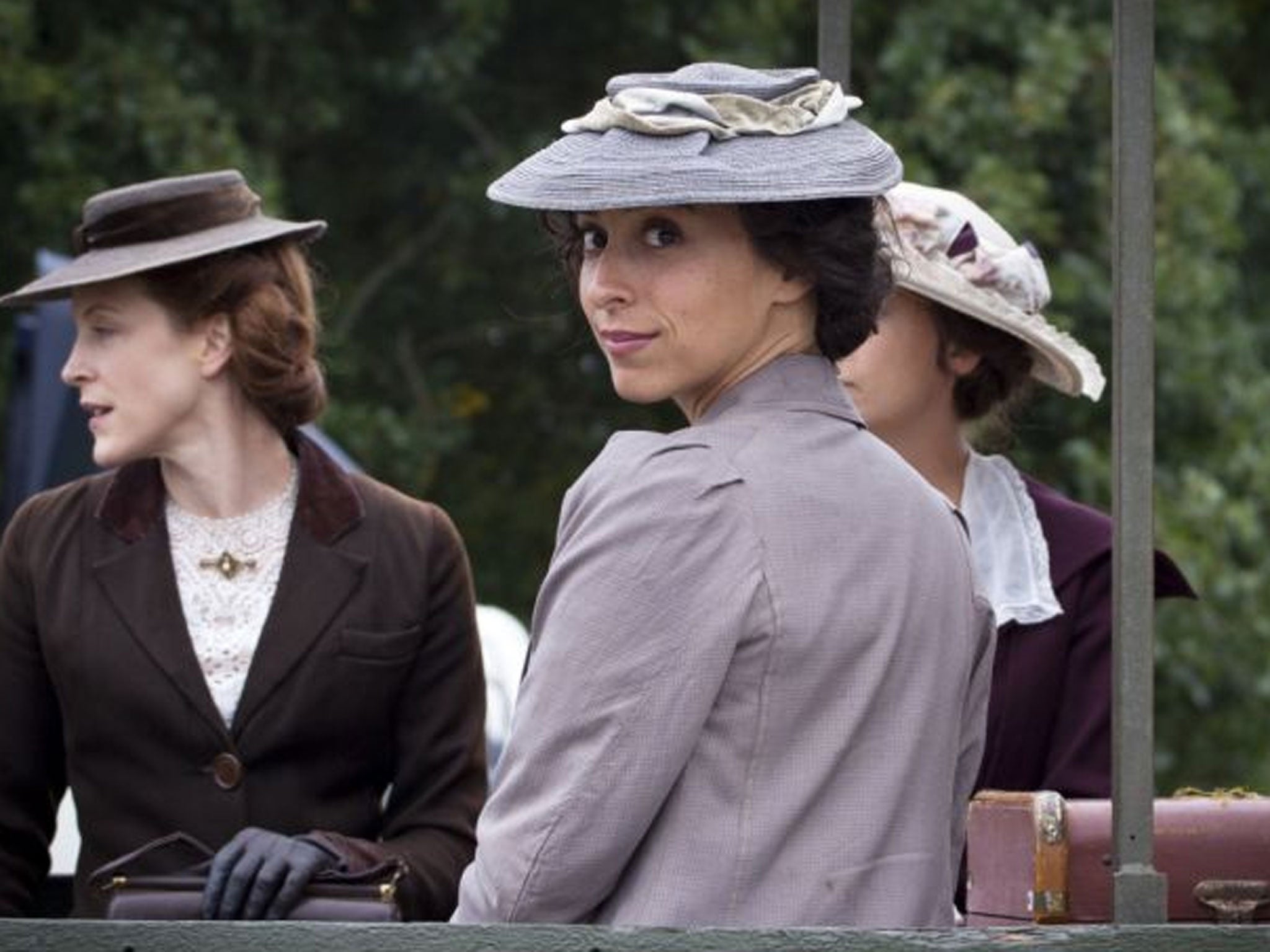
Your support helps us to tell the story
From reproductive rights to climate change to Big Tech, The Independent is on the ground when the story is developing. Whether it's investigating the financials of Elon Musk's pro-Trump PAC or producing our latest documentary, 'The A Word', which shines a light on the American women fighting for reproductive rights, we know how important it is to parse out the facts from the messaging.
At such a critical moment in US history, we need reporters on the ground. Your donation allows us to keep sending journalists to speak to both sides of the story.
The Independent is trusted by Americans across the entire political spectrum. And unlike many other quality news outlets, we choose not to lock Americans out of our reporting and analysis with paywalls. We believe quality journalism should be available to everyone, paid for by those who can afford it.
Your support makes all the difference.The last instalment of this series was expectedly predictable. The BBC delivered up a feel-good finale, but despite all efforts the episode failed to evoke any real emotion, aside from a sinking suspicion there might be more planned for us.
Last episode left Sister Livesey in a tight spot. Reunited with her German fiancé, discovered by the Quartermaster, she faced court martial and - we’re told in this episode repeatedly - possible death. Tension is artificially hyped by Edith Cavell’s execution but it’s hard to believe.
We’re treated to a few sunlit shots of them in better times before we return to Joan (Suranne Jones) unravelling dramatically. It’s a shame the plot didn’t allow for a more realistic treatment because Jones could have delivered - in a few scenes you can see the potential this series had.
The day is saved when the German fiancé (whose name I’m still unsure of) roars in on Joan’s motorbike as she’s led away. You know, because it’s not like he would have had to get through checkpoints, or run out of petrol, or anything.
Anyway, the lovestruck pair get a deal and a public kiss before being separated for the duration of the war. Neither gets killed and the separation isn’t utilised to illustrate the pointlessness of a conflict so arbitrary to so many people. It’s another shame.
Quayle’s return heralds unwarranted tension for Matron. Quayle’s playing a longer game, so doesn’t stick the knife in and further destroy the newly bereaved Colonel Brett when she has the opportunity.
Flora (who - big surprise - is 18) and Peter make their peace, while Kitty and the brooding Scot get together after a series of little confrontations where I wish the sexual tension had been discernible, never mind palpable.
A twist in their happy-ending was Myles stumbling across the pair - revealing his true feelings to viewers, if not Kitty and Thomas - allowing for more drama in series two.
Oddly, the most satisfying scene in the entire episode was Rosalie (Marianne Oldham)overcoming her fears and rescuing a confused naked soldier from the woods.
If you like your wartime dramas fluffy and comforting you will have enjoyed this series. If you saw this as a great opportunity for the BBC to explore a different side to WWI then it’s unlikely you’ve kept watching.
Saying “I am a nurse” is meaningless if there’s no nursing to be seen, and little dialogue between characters about anything other than the men in their lives. For a series celebrating the women of WWI it’s a sad indictment it probably would not pass the Bechel test. Especially one which chose to finish remembering Edith Cavell.
Join our commenting forum
Join thought-provoking conversations, follow other Independent readers and see their replies
Comments